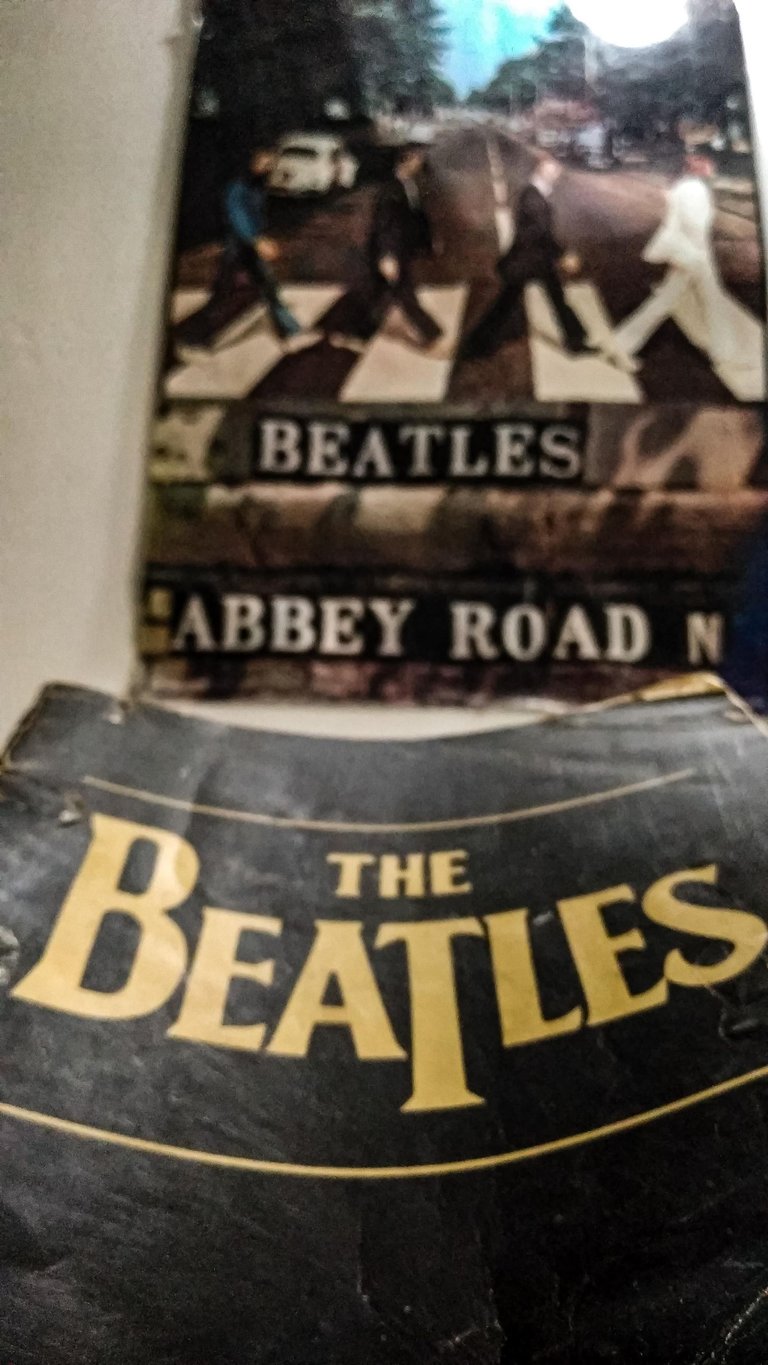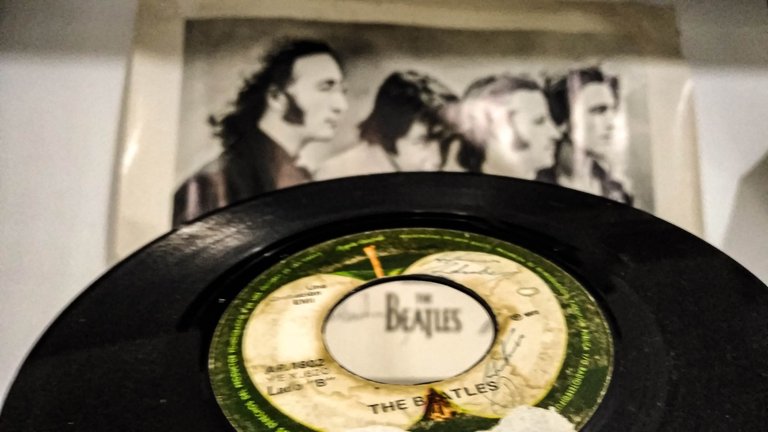
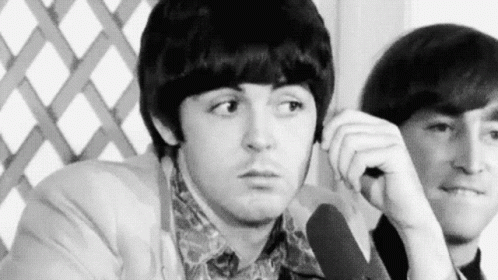
I can’t remember the first time I heard music, but I remember the first time it felt like it was written for me. It was a rainy Sunday, the kind where the sky hangs low and the world softens into reflection. My father was cleaning out the old cabinet beneath the stairs, and from a dusty cardboard box emerged a small stack of vinyl records. Among them, he pulled out a worn 45 with a green Apple label and a smudge of ink across “The Beatles.” He blew off the dust like it was sacred, gently lowered the needle, and suddenly, Penny Lane filled our living room. I didn’t know the street, but in that moment, I knew its soul.
He told me how the song painted a corner of Liverpool, but more than that, it painted his youth. That corner store, the barber, the blue suburban skies—it was more than geography. It was nostalgia made audible. I watched his face as he listened, his eyes traveling decades back. There was something in that moment—something that passed from him to me—that made me realize music wasn’t just sound. It was memory. It was identity. It was love, in its purest and most lasting form.
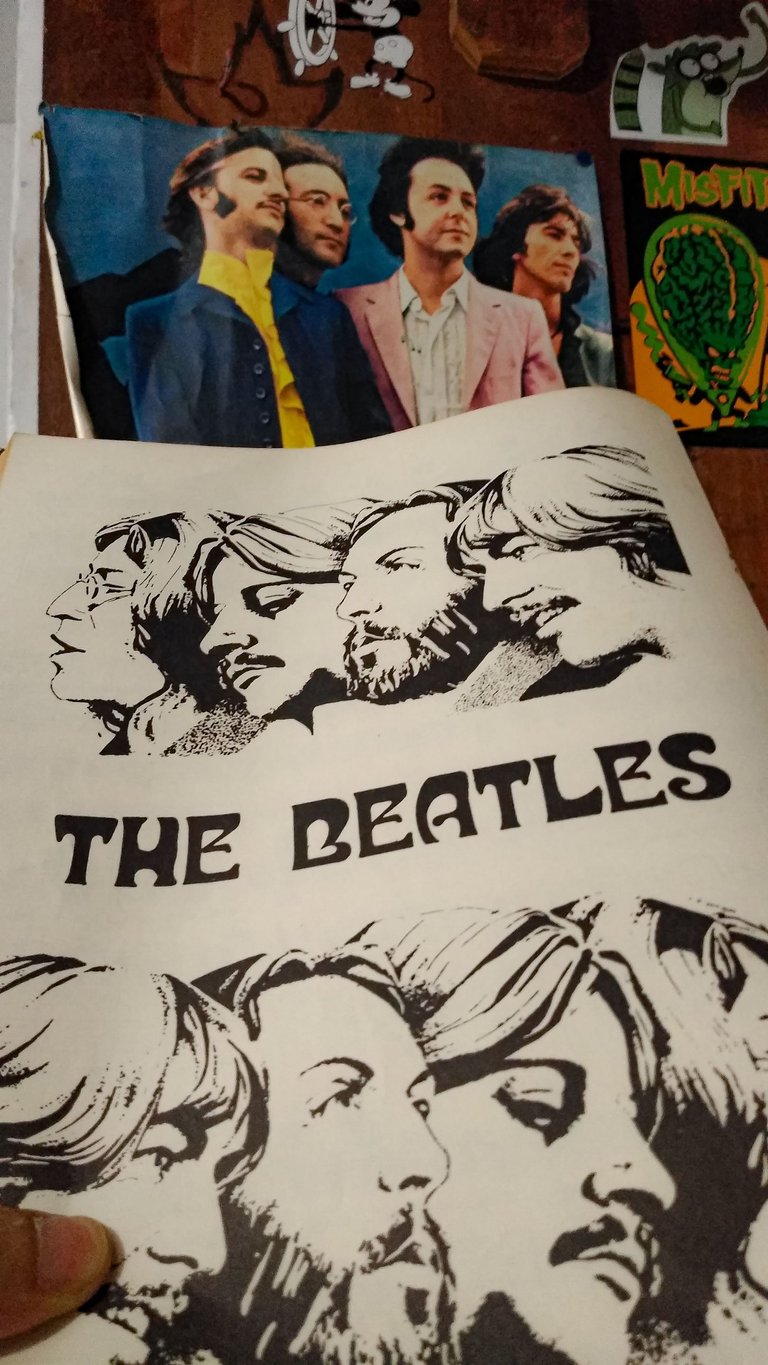
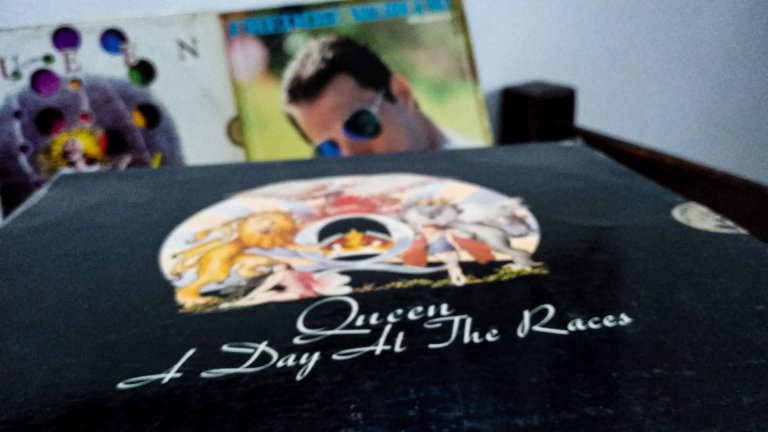
As I grew, music became the language we spoke when words failed. We didn’t talk about feelings easily, but we played records. Queen's A Day at the Races was our shared anthem of resilience, Freddie Mercury's voice soaring through moments we couldn’t articulate. The piano in “You Take My Breath Away” still feels like a heartbeat echoing against my own. My father didn’t tell me how to be brave or how to feel deeply—he let the music show me. The turntable spun truths that shaped me more than any advice ever could.
Years later, I made a pilgrimage to the real Penñny Lane. It was more than tourism—it was communion. Standing in front of the wine bar and the record shop, I thought of him, of that first rainy Sunday, of the Apple label spinning slowly under the stylus. I thought of the thousands of notes that had passed between us over the years, across scratches and skips, always landing in the exact place they needed to. Penny Lane wasn’t just a song. It was my inheritance.
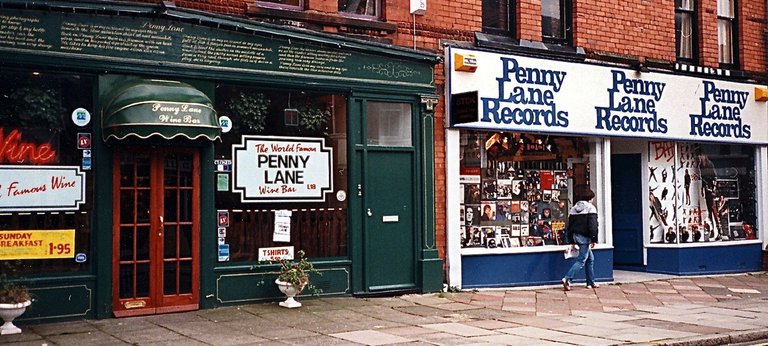
Source
Now, when I hold that same record in my hands—edges frayed, label fading—I feel both rooted and free. Music gave me the map to find myself, but more importantly, it gave me a way to stay connected to him. It’s not about vinyl versus streaming, analog versus digital. It’s about the rituals, the stories, the echoes that remain when the music fades. And for me, they all lead back to a green-labeled 45 and a little street in Liverpool where love—like melody—never truly ends.
